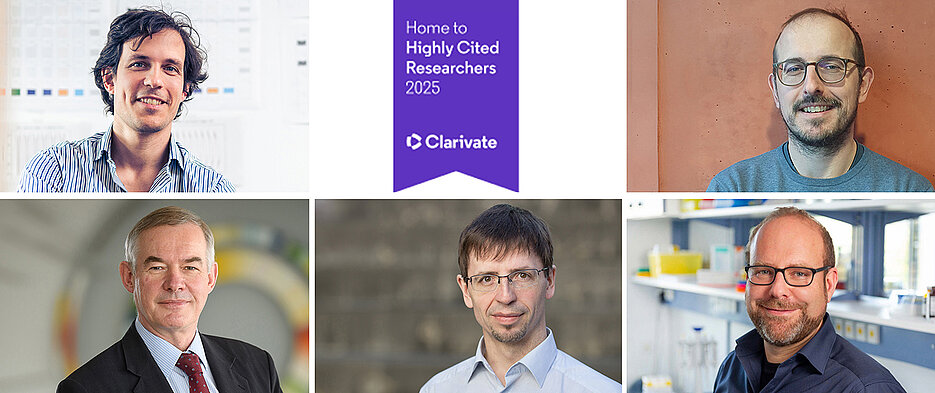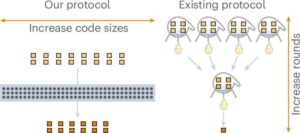
Five professors from the University of Würzburg have been recognized in the Highly Cited Researchers 2025 list, compiled by Clarivate Analytics. This prestigious list highlights researchers whose work has garnered significant citations from peers, indicating a substantial impact in their respective fields. The recognition showcases the university’s commitment to cutting-edge research and elevates its global standing in the academic community.
Among those honored are cell researcher José Pedro Friedmann Angeli, physician and immunologist Georg Gasteiger, systems biologist Dominic Grün, physicist Ronny Thomale, and physician Christoph Wanner. The Highly Cited Researchers list includes individuals whose publications rank in the top one percent of citations for their field, reflecting their influence and contribution to scientific advancement.
Insights into the Research Excellence at Würzburg
In total, 7,131 researchers worldwide made the list, with the majority (42 percent) based in the United States, followed by China (12 percent) and the United Kingdom (9 percent). Germany ranks fourth, representing 5 percent of these frequently cited scholars, underscoring the country’s strong academic presence.
Paul Pauli, President of the University of Würzburg, expressed his pride in the recognition. “The fact that five Würzburg scientists are among the Highly Cited Researchers is impressive proof of our university’s international visibility. My congratulations to the award winners!” This accolade reinforces Würzburg’s status as a hub for impactful research across multiple disciplines.
Professor Angeli’s work at the Rudolf Virchow Zentrum focuses on redefining our understanding of cellular processes. His research reveals how oxidative forces at cell membranes can trigger ferroptosis, a regulated form of cell death. Angeli aims to translate these fundamental insights into practical applications that could lead to innovative treatments for challenging cancers.
Georg Gasteiger, a leader in immunology, heads the Max Planck Research Group for Systems Immunology at Würzburg. His team investigates the interactions of lymphocytes with various tissues, contributing to our understanding of immune responses in the context of organ development, repair, and ageing. Their work is pivotal in elucidating how these regulatory mechanisms influence defenses against infections and the progression of inflammatory diseases.
Dominic Grün, who leads the Chair for Computational Biology of Spatial Biomedical Systems, applies high-resolution techniques to explore cell differentiation in bone marrow and liver tissues. His research has resulted in the creation of a comprehensive cell type atlas of the human liver, enhancing our grasp of tissue architecture and regeneration processes in vital organs.
Innovative Contributions to Physics and Medicine
Ronny Thomale, head of the Chair for Theoretical Physics I, delves into the theoretical aspects of strongly correlated electron states. His research aims to predict new quantum states of matter and investigate materials that exhibit extraordinary phenomena such as superconductivity and topological insulators. His findings hold potential for advancing material science and technological applications.
Finally, Christoph Wanner, a senior professor and former Head of Nephrology at Würzburg University Hospital, has made significant contributions to understanding kidney disease in patients with diabetes mellitus. His global clinical studies have demonstrated the efficacy of a specific drug in delaying the progression of kidney disease in diabetics, emphasizing the importance of his work in improving patient outcomes.
The inclusion of these five professors in the Highly Cited Researchers 2025 list not only highlights their individual achievements but also reinforces the University of Würzburg’s role as a leader in advancing scientific knowledge and addressing critical health challenges.






